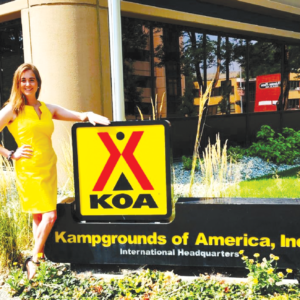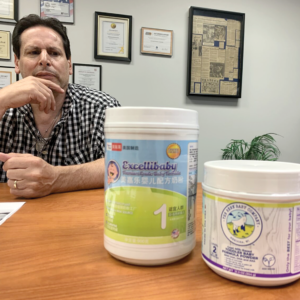October is manufacturing month. Manufacturing is the backbone of every economy. Manufacturing is how new wealth is generated.
With significant growth in the number of companies as well as in wages and production output, Montana manufacturing has bounced back after the deep economic drop caused by COVID-19, according to a new report released by the Montana Manufacturing Extension Center at Montana State University.
The 2022 Montana Manufacturing Report provides an overview of manufacturing in Montana within a national context, analyzes results of a survey of Montana manufacturers, and assesses the impact of MMEC’s state-wide services that support manufacturers in a variety of ways. The report covers the year 2021 for the economic analysis and reports the results of the survey about MMEC’s impact conducted during the first quarter of 2022.
According to the report, which was conducted for MMEC by the Bureau of Business and Economic Research at the University of Montana, challenges lingering from the pandemic include roughly 61% of firms reporting supply chain challenges in 2021 and 70% of durable goods manufacturers reporting difficulties finding employees. But the overall economic picture for manufacturing remains strong, and between 2020 and 2021, according to the report:
* The number of manufacturing companies in Montana grew from roughly 3,900 to 4,100 firms, an increase of 5%.
* The average earnings for manufacturing jobs in Montana climbed from $52,000 to $57,000, an increase of 10%.
* Montana manufacturing employment and output growth was more than double the national average for the second year in a row.
* More than half of Montana manufacturing firms saw an increase in total sales and profits over the previous year.
“Montana manufacturers have shown tremendous resilience over the last two years,” said MMEC Director Paddy Fleming. “They not only survived the pandemic, but many of them found innovative ways to grow and prosper. Manufacturing represents a significant and growing contributor to Montana’s economy.”
According to the report, in 2021 manufacturing in Montana:
* Accounted for 6.4% of total private state earnings, totaling $1.6 billion.
* Employed 4.3% of Montana’s workforce, with about 21,400 employees.
* Produced 7.8%, or $3.8 billion, of Montana’s economic output, defined as the market value of goods produced.
The manufacturing sector that has grown the most over the past decade in terms of the number of companies is beverage and tobacco products, with a 10.8% increase in the number of companies, primarily new breweries, wineries and distilleries, according to the report. The largest sectors in terms of earnings remain petroleum and wood products, with 2021 earnings of $170 million and $133 million, respectively.
MMEC, which is housed in MSU’s Norm Asbjornson College of Engineering, works with manufacturing companies to help them improve their business operations. Manufacturing specialists offer one-on-one assistance with projects to assess companies’ production processes, develop their workforce and make use of emerging technologies.
“MMEC is pleased to play a role in supporting manufacturers and value-added agriculture in developing long-term solutions that will keep the Montana economy diversified and growing,” Fleming said.
The 2022 report analyzes input from 90 companies who worked with MMEC during the previous year. Most, 66%, said they relied exclusively on MMEC to recommend improvements to their operations, and the vast majority, approximately 90%, said they were highly likely to positively recommend MMEC to other companies. Staff expertise was named the top reason for choosing MMEC.
The report notes that manufacturers’ average return on investment with MMEC was 43 to 1, meaning that a dollar paid in fees to MMEC returned, on average, $43 for the company. MMEC’s work in 2021 had a return on investment for Montana residents’ tax dollars of 7.4 to 1.
According to the report, since 2000, MMEC’s work has resulted in 6,878 new or retained jobs, $1.46 billion in retained or increased sales, and $178 million in cost savings for manufacturers.





